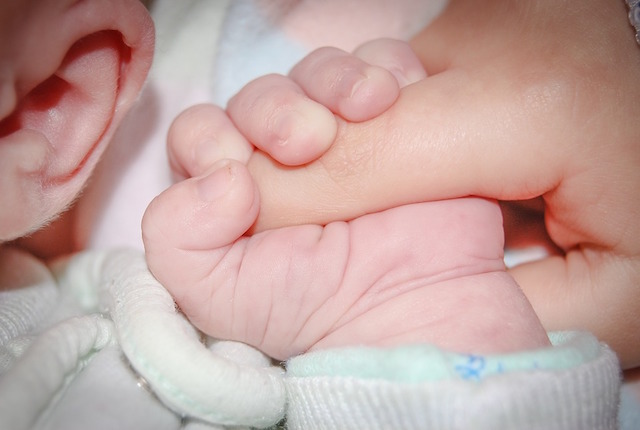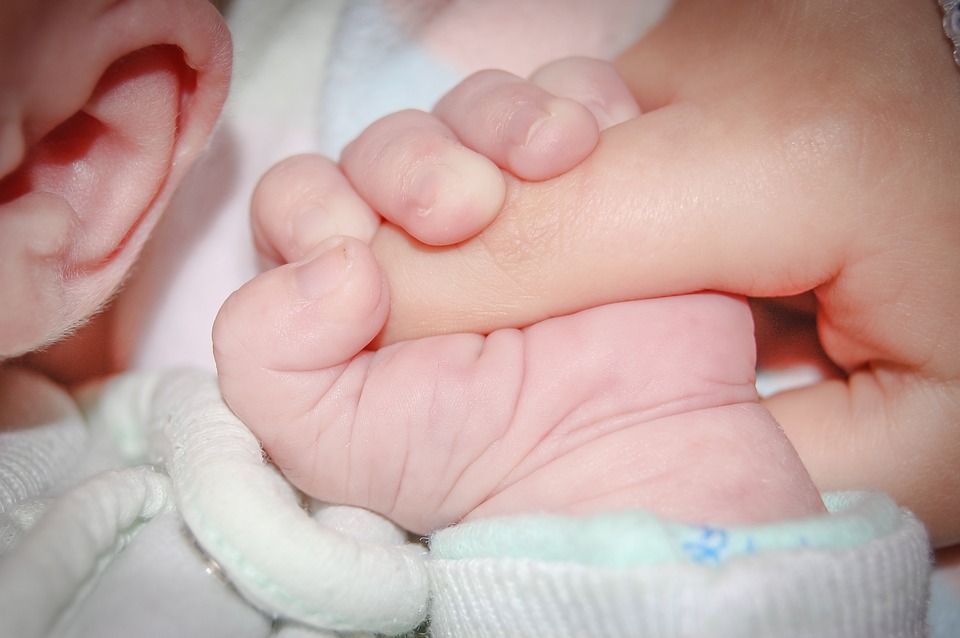By Dr Jodie Semmler :: Gynaecologist, Fertility Specialist, Surgeon – Fertility SA
So you’ve decided to try for a baby? That’s terrific….
Deciding to have a baby is an exciting time in our lives. But in our modern world there are many factors going against us. Not only are women starting families much later in life but there are also environmental factors that just weren’t as prevalent with our mothers and grandmothers generation.
Dr Jodie Semmler is sharing some tips that will help you to conceive in an expected timeframe, reduce your risk of miscarriage and help you to deliver a healthy baby. Just so you know, a year to conceive before seeking help is common if you are under thirty-five and six months if you are over thirty-five.
9 tips to give you the GREATEST chance of fertility…
1. Stop smoking
The effects of smoking on fertility can be reversed, but smoking is harmful to both men and women. It is strongly recommended that both partners give up, or at least moderate their intake, before planning to conceive. Smoking also jeopardises the outcome of fertility treatment. There is increasing evidence that smoking may also damage the genetic material in the sperm resulting in reduced rates of fertilisation and poorer quality embryos.
Smokers:
:: Have double the risk of infertility
:: 5 times more likely than non-smokers to take more than one year to get pregnant
:: Have a greater risk of infertility the more they smoke
:: Have earlier onset of menopause than non-smoking women
:: Experience a decrease in the uterine blood flow resulting in less oxygen to the baby (this results in higher rates of intra-uterine growth retardation, congenital abnormalities and infant death)
:: Children of smokers have a higher incidence of infertility themselves
2. Reduce alcohol, caffeine and drug intake
This is important for both partners.
:: Excessive alcohol consumption may reduce sperm motility. There is no safe level of alcohol during pregnancy and current advice is not to drink alcohol when pregnant or trying to get pregnant.
:: Information on caffeine and fertility is confusing at present and it is recommended to minimise its use while attempting pregnancy to three or less cups per day.
:: The use of drugs should be avoided when planning a pregnancy. Check with your GP to ensure prescription drugs are safe to be used in pregnancy, this includes supplements and herbal medicines. Male and female fertility can be affected by recreational drugs, including marijuana, ecstasy and other narcotics, and anabolic steroids and with long term use can lead to permanent reproductive problems causing infertility.
3. Watch your weight
Extremes of weight (Body Mass Index) outside of the recommended range of 19-25 compromises your chance of fertility due to hormonal imbalances, increase miscarriage rates and increase risks in pregnancy. The male partner being overweight may also compromise fertility. It is suggested that you discuss this with your doctor.
Losing weight is difficult and our dietitian has offered the following advice on the three most important dietary related tips for prospective parents.
1: Think about what your 2-3 lifestyle or health priorities are and try to break this down into small steps. So not just ‘I want to lose weight’ or ‘I want to improve my diet’ but think in more detail about what you want to change, when you are willing to start and how you can practically achieve this.
2: Focus on regularly including healthier proteins (e.g. swap the meat in your evening meal for legumes like lentils, chickpeas or beans; snack on a small handful (30g) of nuts and eat seafood like sardines or salmon 2-3 times a week). The protein will fill you up and these foods also provide important nutrients like fibre, folate and healthy unsaturated fats.
3: Eat foods rich in antioxidants. This is particularly important for men as they can improve sperm quality and reduce sperm DNA damage. Eating the recommended amount of fruit (2 serves) and vegetables (5-6 serves) and aiming for a rainbow of colourful fruits and vegetables each day gives you a variety of antioxidants and important nutrients like fibre, folate, vitamin C, vitamin A, zinc and magnesium.
4. Exercise
Evidence suggests that around 150 minutes per week of moderate regular exercise (where you work up a sweat) positively influences fertility and assisted reproductive technology (ART) outcomes. Exercise should be encouraged for both women and men who are wanting to start a family. However, excessive, strenuous exercise in women may result in disruption of the ovulation cycle and should be avoided. Normal exercise has not been linked to miscarriage, but certain forms of exercise (for example, high-impact or contact sports or scuba diving) should be avoided in pregnancy. For men, too much exercise (and any performance enhancing drugs) should be avoided.
5. Vitamins
Commencing two months before treatment, it is recommended the female partner take folic acid 0.5mg daily. In some circumstances you may be advised by your doctor to take 5mg daily. Scientific evidence suggests that taking this vitamin in small doses can reduce the incidence of fetal spine abnormalities or spina bifida. Folic acid is available from health stores and chemist shops. (If you do become pregnant the folic acid needs to be taken for the first few months of pregnancy and should be a pregnancy specific vitamin as too much Vitamin A may be harmful to your baby). Adequate vitamin balance, fruit and vegetables and anti-oxidants contribute to good reproductive health.
6. Sleep
6-8 hours’ sleep per night is important for an adult wanting to conceive:
:: Adequate sleep allows for the release of hormones that are beneficial to the body, especially processes involved with immune system function
:: Sleep modulates the function of the hypothalamus , which in turn affects the pituitary gland and the release of important reproductive hormones
:: Sleep deprivation can cause impaired cognition and decision making, emotional instability due to low serotonin and increased cortisol, impaired immune system function and slow healing, increased risk of developing chronic illness such as metabolic syndrome, hypertension, heart disease and diabetes
:: Without adequate sleep men and women have a lower sex drive
7. Manage stress
There are some studies that show if you are a woman hoping to become pregnant you should try to reduce any extreme stresses as much as possible in an effort to enhance conception. If you have been diagnosed with infertility a stressful situation may already be your focus. It is important to seek a fertility clinic that incorporates counselling and stress management strategies as part of their holistic strategy to achieve pregnancy.
8. Frequency of sexual intercourse
Usually ovulation occurs 14 days prior to the onset of menstruation. In a 28 day menstrual cycle, ovulation usually occurs between day 12 and 14. This may vary depending on the length of the menstrual cycle. As sperm can survive for up to 5 days and the egg maintains its ability to be fertilised for about 12 hours after ovulation, alternate day intercourse is recommended from day 8 to day 16 of the average 28 day cycle.
9. Reduce exposure to toxic chemicals
Chemical toxins (such as ammonia based cleaners), plasticisers (such as those found in fragranced lotions and sprays) and pollutants can affect a woman’s capacity to conceive a healthy child, maintain a pregnancy to term. Environmental toxins (such as pesticides) can also affect the quality of a man’s sperm. Avoiding these leading into a pregnancy, and for women throughout a pregnancy, can give the best outcome of a healthy child.
Jodie is Adelaide born and Barossa Valley bred and completed her medical degree at the University of Adelaide in 1990. Her passion is helping women in laparoscopic keyhole surgery for issues such as endometriosis.
Jodie loves to exercise and this shows through her treatment of patients with fertility issues, where she supports lifestyle changes as well as medical management.
She’s also a huge dog lover, she could talk all day about her Groodle and is a complete sucker for a funny dog video or a puppy picture.











